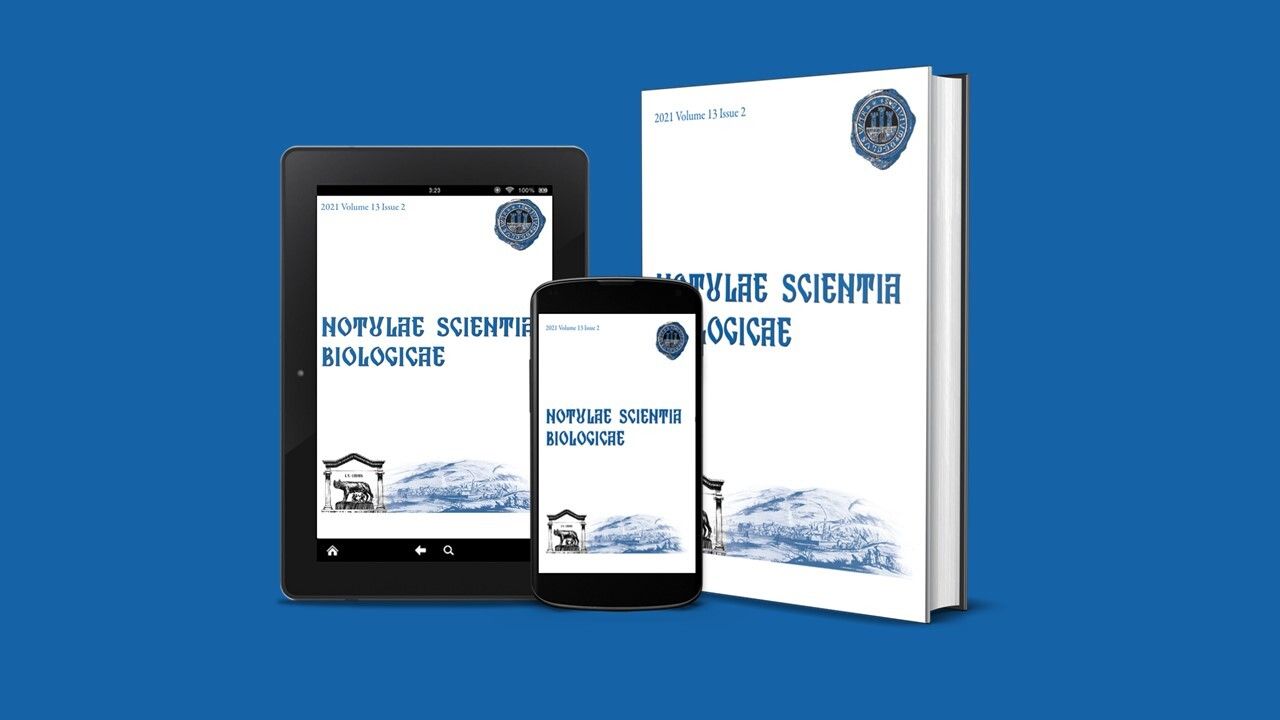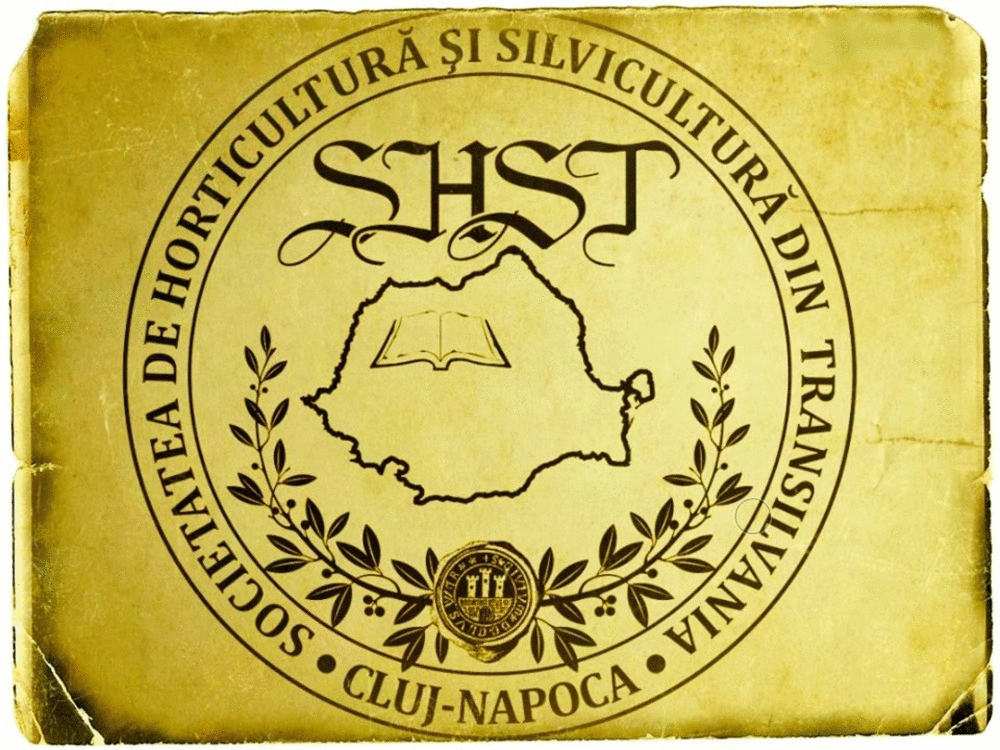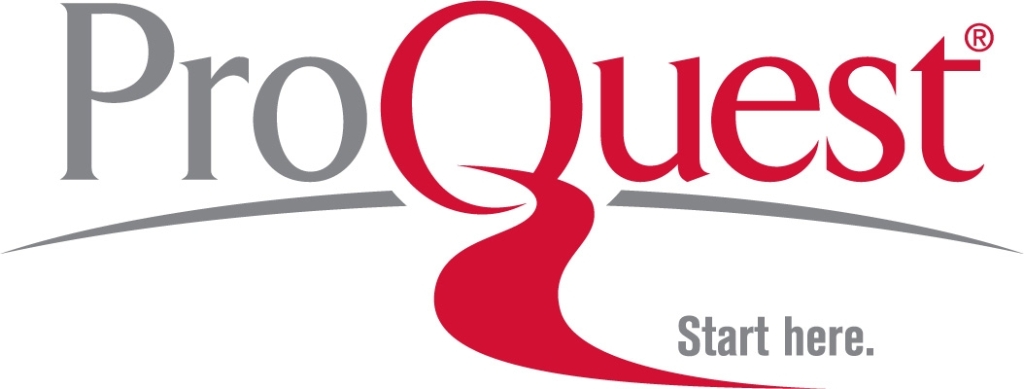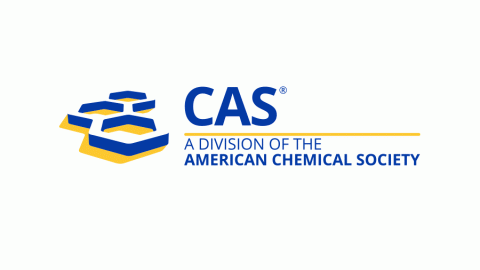Introduction pages
DOI:
https://doi.org/10.15835/nsb13211004Keywords:
Notulae Scientia Biologicae, Issue 2, Volume 13, 2021Abstract
Notulae Scientia Biologicae (http://www.notulaebiologicae.ro), Issue 2, Volume 13, 2021: The papers published in this issue represent interesting novelties in different topics of life science. Among the exciting researches or reviews, we invite readers to find news about: Xenobiology: An expanded semantical review; Hog plums: Its importance, potentials and future prospects; Organic waste utilization and urban food waste composting strategies in China; Antimalarial phytochemicals as inhibitors against COVID-19 ACE2 receptor: Computational screening; Acute and sub-acute toxicity profile of methanol extract of Hura crepitans leaf on Wistar rats; Ethnopharmacological survey of medicinal plants used to treat cutaneous leishmaniasis in Ain Sekhouna, Saida, Algeria; Anti-proliferating activity of some toxic and medicinal plants used by Wancho tribe of Arunachal Pradesh, India; Apomictic development during different flower development stages in Crataegus tanacetifolia (Lam.) Pers., endemic to Turkey; Endophytic fungal isolation from Blumea axillaris: Identification and biological activity of secondary metabolites; Nutrient and metal concentrations in Nepenthes macfarlanei Hemsl. (Nepenthaceae) from a Malaysian montane forest.
Metrics
References
Notulae Scientia Biologicae, Issue 2, Volume 13, 2021.

Downloads
Published
How to Cite
Issue
Section
License
Papers published in Notulae Scientia Biologicae are Open-Access, distributed under the terms and conditions of the Creative Commons Attribution License.
© Articles by the authors; licensee SMTCT, Cluj-Napoca, Romania. The journal allows the author(s) to hold the copyright/to retain publishing rights without restriction.
License:
Open Access Journal - the journal offers free, immediate, and unrestricted access to peer-reviewed research and scholarly work, due SMTCT supports to increase the visibility, accessibility and reputation of the researchers, regardless of geography and their budgets. Users are allowed to read, download, copy, distribute, print, search, or link to the full texts of the articles, or use them for any other lawful purpose, without asking prior permission from the publisher or the author.













.png)















